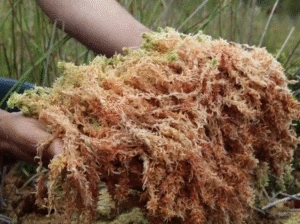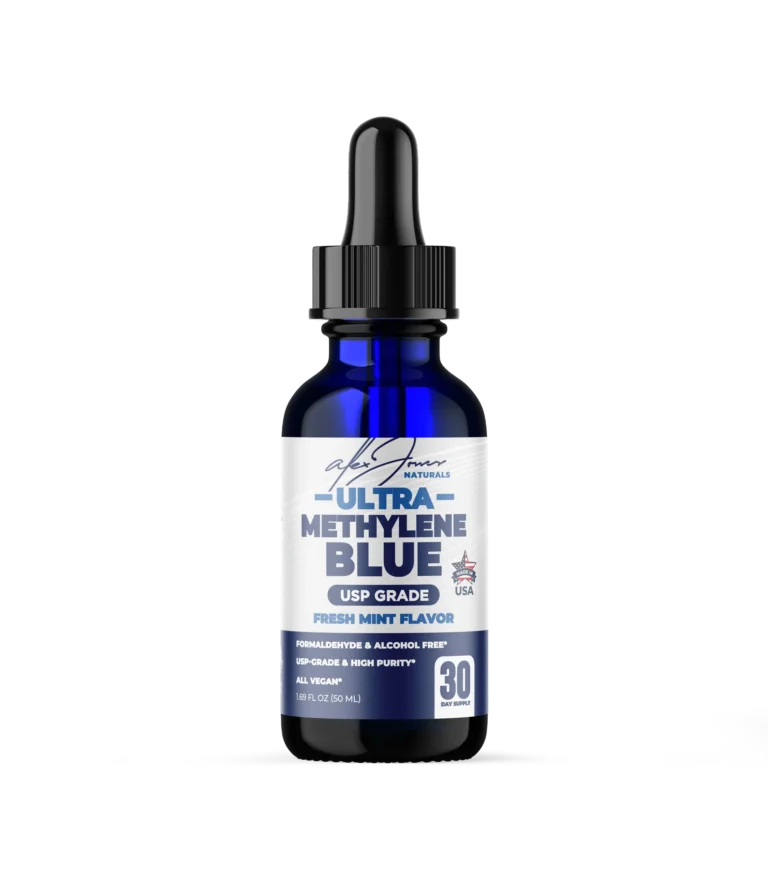Benefits of Hydrogen Water Generators
Unlock the Benefits of Hydrogen Water Generators: And Why You Need One In recent years, hydrogen water has emerged as a wellness trend, captivating health enthusiasts and researchers alike. At the forefront of this movement are hydrogen water generators, innovative devices that infuse water with molecular hydrogen, promising a range of health benefits. But what…










